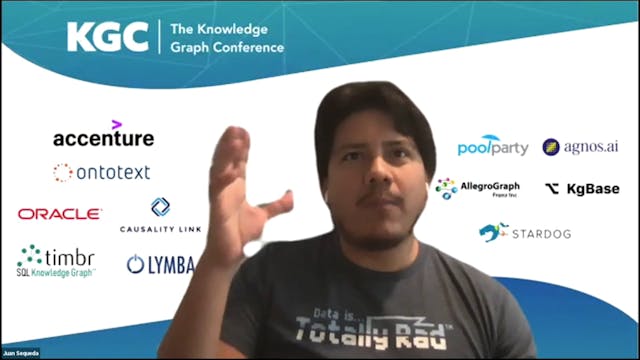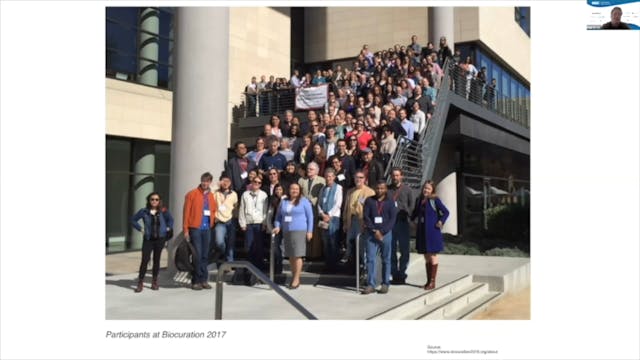A Meta-Graph Solution for Recommender Systems
Knowledge Graph Conference 2020
•
18m
The proposed meta-graph solution for recommender systems is a living process for semi-automatically resolving recommendations using guided queries upon a knowledge graph. In addition, this solution is explainable; it can provide comprehensible recommendations which show the reason for each result along with a statistical measure. A detailed use case for this application which is an issue tracking system for Oil & Gas companies is presented in this work. In the introduced use case, the interlinks between failure events and their associated actions are captured in a knowledge graph. To overcome data sparsity, scarcity, and non-trivial relationships, a relatively new concept called ‘meta-graphs’ are employed. Using meta-graph patterns defined on the knowledge graph schema, we can recommend actions based on the semantic relatedness of the various failure events and their corrective actions. Moreover, the recommendation results selected by the end-user and the meta-graphs evaluated by the domain experts are automatically graded during the entire lifecycle of the system for transfer learning, reliability evaluation and reproducibility.
#knowledgegraphs #knowledgegraphconference #knowledgegraphschema #knowledgegraphsearchengine
Up Next in Knowledge Graph Conference 2020
-
Q&A | Cyber Control Ontology and Know...
Q&A of Session 5 with Bethany Sehon, & Brian Donohue from Capital One, Radu Marian from Bank of America and Nicolas Seyot from Morgan Stanley.
-
Knowledge Graph Maintenance
Knowledge graphs are increasingly built using complex multifaceted machine learning based systems relying on a wide of different data sources. To be effective these must constantly evolve and thus be maintained. I present work on combining knowledge graph construction (e.g. information extraction...
-
Modeling Real Estate Ecosystem with C...
Cherre’s knowledge graph is a model of the entire US real estate ecosystem. The graph incorporates hundreds of millions of entities such as properties, addresses, individual and commercial owners, lenders, brokers, estate managers, lawyers etc. as nodes – while the edges are various types of conn...



